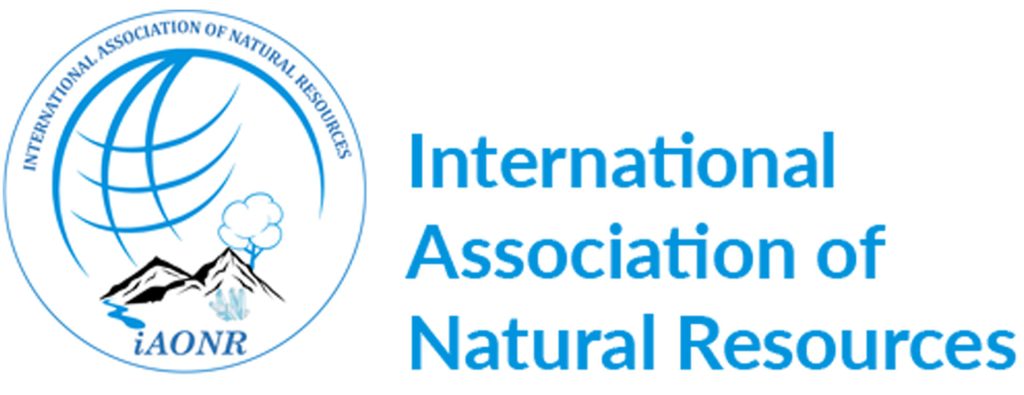About BE
The Branch of Education (BE) is a critical organization dedicated to advancing knowledge, skills, and public awareness in the sustainable management of natural resources. By fostering education and capacity-building across all levels of society—from policymakers and industry leaders to students and local communities—BE empowers individuals and institutions to address global resource challenges through innovation, collaboration, and ethical stewardship.
- Key Importance of BE:
- Bridging Knowledge Gaps:
BE equips stakeholders with interdisciplinary knowledge about resource systems (e.g., water, energy, minerals), industrial ecology, and sustainability principles, enabling informed decision-making.
- Empowering Future Leaders:
It cultivates a new generation of professionals skilled in sustainable resource management, circular economy practices, and climate resilience through formal and informal education programs.
- Public Awareness and Behavioral Change:
BE drives societal shifts toward sustainable consumption and conservation by raising awareness about resource scarcity, environmental impacts, and equitable access.
- Global Equity:
It prioritizes education in underserved regions, ensuring marginalized communities have access to tools and knowledge for managing local resources sustainably.
- Policy and Industry Alignment:
By training policymakers and corporate leaders, BE bridges the gap between academic research and practical implementation of sustainable resource policies.
- Technological Literacy:
It promotes understanding of emerging technologies (e.g., AI for resource optimization, renewable energy systems) to enhance resource efficiency and innovation.
- Core Business Activities:
- Curriculum Development and Training Programs:
Designing educational frameworks and curricula for schools, universities, and vocational institutions, integrating topics like circular economy, climate science, and resource governance.
Offering certification programs for professionals in fields such as sustainable mining, green energy, and water management.
- Community Engagement and Outreach:
Organizing workshops, seminars, and campaigns to educate local communities on sustainable agriculture, waste reduction, and water conservation.
Partnering with NGOs to deliver grassroots training on resource rights and environmental justice.
- Digital Learning Platforms:
Developing online courses, webinars, and interactive tools (e.g., simulations, gamified learning) to democratize access to resource education globally.
Creating open-access repositories for research, case studies, and best practices in resource management.
- Youth and Student Initiatives:
Launching competitions (e.g., hackathons, innovation challenges) to engage students in solving real-world resource issues.
Supporting student-led sustainability projects and internships with industry or government partners.
- Capacity Building for Institutions:
Training educators, policymakers, and corporate trainers on integrating sustainability into their work.
Assisting governments in developing national education strategies aligned with SDGs, such as SDG 4 (Quality Education) and SDG 12 (Responsible Consumption).
- Research and Collaboration:
Facilitating partnerships between academia, industry, and governments to advance applied research in resource education.
Publishing guidelines and toolkits for effective resource literacy programs.
- Advocacy for Policy Integration:
Campaigning for the inclusion of sustainability and resource ethics in national education standards.
Advising policymakers on leveraging education to meet climate and biodiversity targets.
- Cultural and Indigenous Knowledge Preservation:
Collaborating with indigenous communities to document and integrate traditional resource management practices into modern educational frameworks.
Promoting culturally sensitive approaches to sustainability education.
The Branch of Education (BE) is a cornerstone for building a sustainable future. By democratizing knowledge, fostering innovation, and nurturing ethical stewardship, BE ensures that individuals and institutions are equipped to tackle resource challenges holistically. Its work not only drives technical proficiency but also inspires collective responsibility, ensuring that education becomes a transformative force in achieving global sustainability and equity. Through its programs, BE lays the foundation for a world where resource wisdom guides every action, from local communities to global policies.
Co-Chairs:
Xiangzheng DENG, Beijing Technology and Business University, China
Email: dengxz@btbu.edu.cn
- Hua QIN, University of Missouri-Columbia, USA
Email: qinh@missouri.edu
Board Members:
(The list is arranged in alphabetical order and updated)
| Gang LIU | Peking University | China | gangliu@pku.edu.cn |
| Na ZHOU | China University of Geosciences (Wuhan) | China | nazhou@cug.edu.cn |
| Ning ZHANG | University of Cambridge (Department of Land Economy) / Shandong University | UK | nz293@cam.ac.uk |
| Pankaj KUMAR | University of Delhi | India | pankajdsedu@gmail.com |
| Qiaosheng WU | China University of Geosciences (Wuhan) | China | qhwu@cug.edu.cn |
| Shuhan HU | Institute of Geographic Sciences and Natural Resources Research, CAS | China | hush@igsnrr.ac.cn |
| Shunsuke MANAGI | Kyushu University | Japan | managi.s@gmail.com |
| Song MALIN | Anhui University of Finance and Economics | China | songml@aufe.edu.cn |
| Wei LIU | Xinjiang University of Finance and Economics | China | yushixuanning0930@163.com |
| Wenwu ZHAO | Beijing Normal University | China | zhaoww@bnu.edu.cn |
| Xun ZHANG | Beijing Technology and Business University | China | zhangxun@btbu.edu.cn |
| Yutao WANG | Fudan University | China | yutaowang@fudan.edu.cn |
| Yongrok CHOI | Inha University | South Korea | yrchoi@inha.ac.kr |
Under construction
Some websites highly related with this branch:
Any iAONR member can join this section. Log in to your iAONR account in order to sign up.
Are you not a member yet? Find out more about iAONR membership and become a member now!
